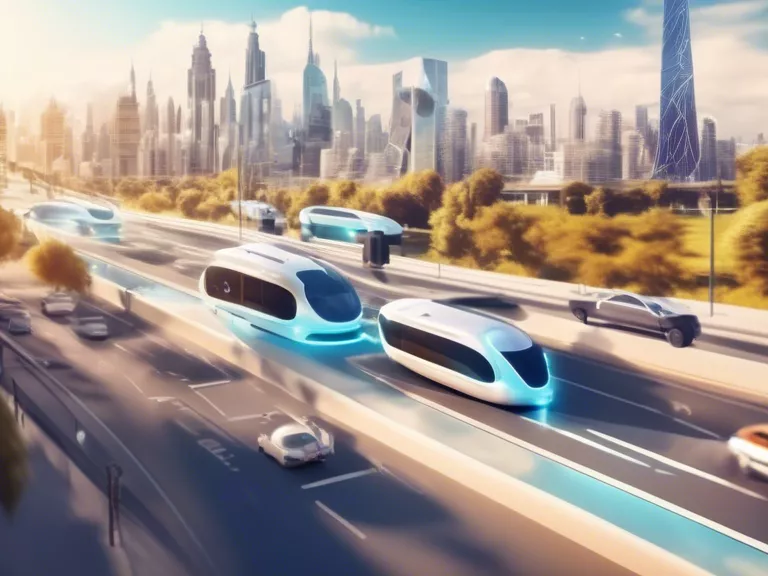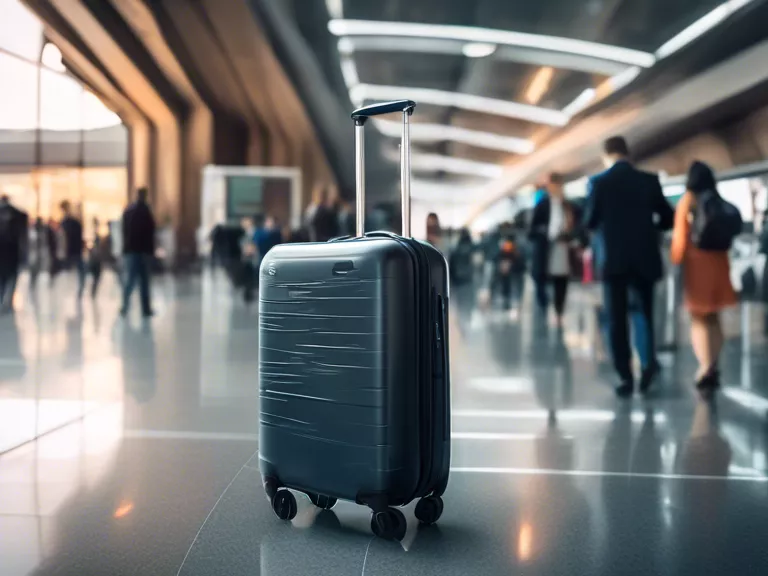
The Future of Autonomous Travel: AI-Driven Vehicles and Smart Transport Networks
With advancements in technology, the future of autonomous travel is looking promising. AI-driven vehicles and smart transport networks are set to revolutionize the way we commute in the coming years. These innovations are not only expected to make transportation safer and more efficient but also have the potential to significantly reduce traffic congestion and emissions.
One of the key components of autonomous travel is the use of artificial intelligence (AI) in vehicles. AI technology enables cars to make decisions on their own, without human intervention. This can lead to safer roads as AI-driven vehicles can react faster to potential hazards and communicate with each other to avoid accidents. Additionally, AI can optimize routes and driving patterns to improve fuel efficiency and reduce emissions.
Smart transport networks are another crucial aspect of the future of autonomous travel. These networks use data from various sources, such as sensors and cameras, to monitor traffic flow in real-time. By analyzing this data, smart transport networks can adjust traffic signals, reroute vehicles, and even coordinate with public transportation systems to minimize congestion and improve overall efficiency.
In addition to AI-driven vehicles and smart transport networks, other technologies are also shaping the future of autonomous travel. For example, electric and hybrid vehicles are becoming increasingly popular as a more sustainable alternative to traditional gasoline-powered cars. Furthermore, the rise of ride-sharing services and autonomous taxis is changing the way people think about car ownership and personal transportation.
Overall, the future of autonomous travel holds great promise for a more efficient, sustainable, and convenient transportation system. With continued advancements in AI technology, smart transport networks, and electric vehicles, we can expect to see significant improvements in the way we move from place to place in the years to come.



